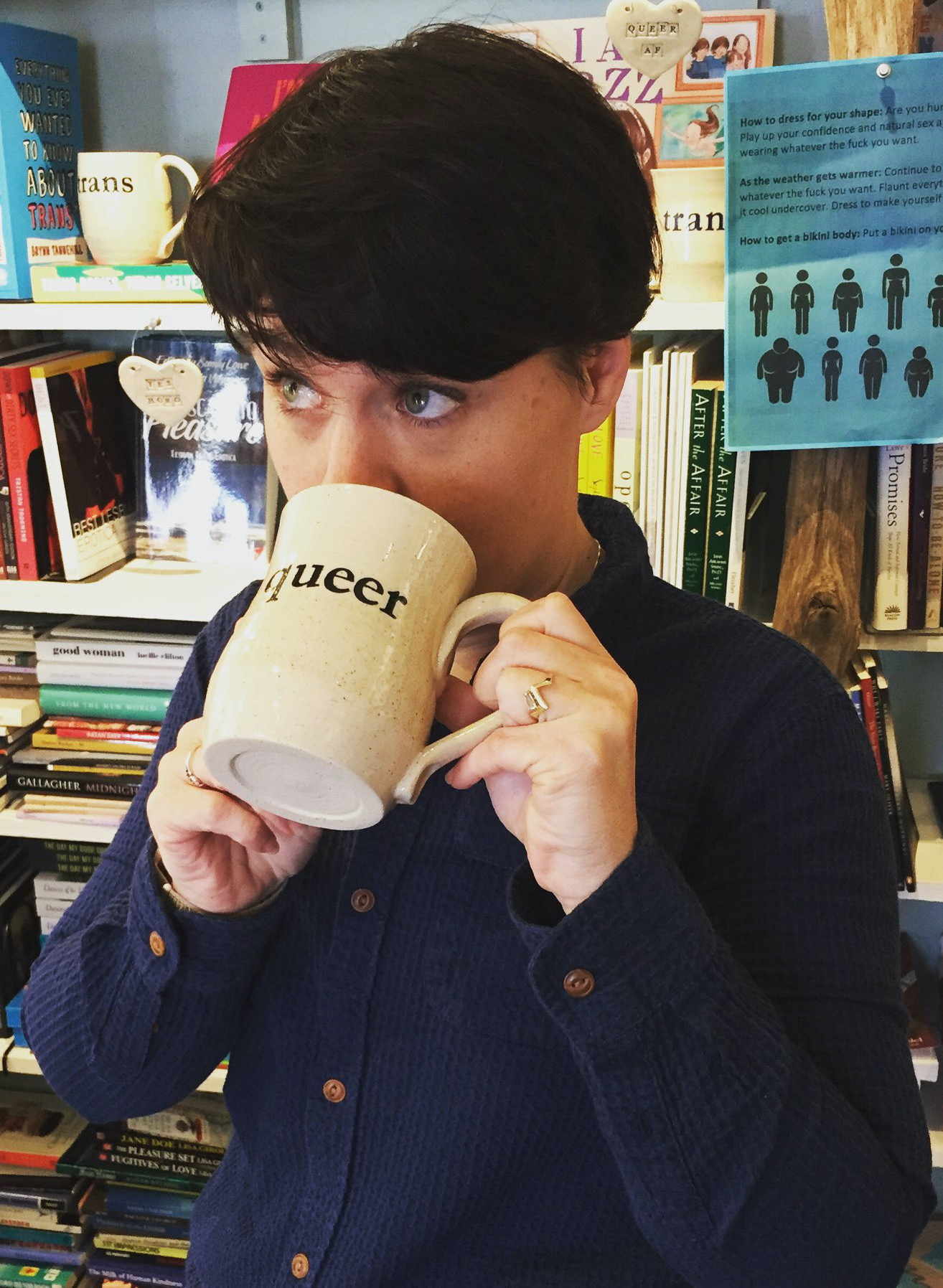We caught up with the brilliant and insightful Rachel Spangler a few weeks ago and have shared our conversation below.
Rachel, thanks for taking the time to share your stories with us today Did you always know you wanted to pursue a creative or artistic career? When did you first know?
I suspect I am an outlier in this area. I’ve always been a storyteller. I come from a family of great storytellers and it’s a skill we really lift up and value, so I learned early on that great stories got me attention and praise, but I didn’t think of myself as a writer, much less a professional writer, until after I’d published my third book. I know that might sound convoluted, but it’s the way it was for me.
You see, when I was growing up in the rural Midwest, I never saw queer characters in any stories, I didn’t even see lesbians on TV until high school, and even in college, where I was part of the PRIDE group, we were still passing around the same beat-up copies of Ruby Fruit Jungle. It never occurred to me that there were other books out there because they sure weren’t in our bookstores, so I started making up my own stories to tell. I sat in the back of boring lectures or in the student center between classes and wrote them down so I’d remember them. I was only trying to entertain myself, and then later my friends, by giving us the things we couldn’t find. It was one of those friends who suggested that my story was actually a book, and I should send it off to a gay and lesbian publisher. I did it on a whim, so bored and poor that I didn’t have anything better to do. I was as shocked as anyone could be when they wrote back and said they wanted to publish it. Not only that, they wanted to know if I had any other stories to tell.
Did I have stories? You bet I did, so many stories to share. But even after Learning Curve, Trails Merge, and The Long Way Home came out, that’s still all I thought I was doing, sharing my little stories the same way I would have shared them around a kitchen table or campfire. I still didn’t think of myself as a professional author. No one had ever told me that I could be such a thing. No high school counselor ever gave me that option on career day, and no college advisor ever showed me a degree map. It’s really hard to see yourself as something you’ve never had modeled for you. Sapphic romance novelist felt too big to even really dream about until I attended a Golden Crown Literary Society conference. I won two awards that night, but the thing I remember the most was the great Lee Lynch getting up and speaking about this not as a hobby, or even a job, but a whole life. She talked about the relationship to the written word and to the community that’s formed when we share our stories with people seeking to find them. She challenged us to write so many queer books that the censors couldn’t possibly burn them all. She talked about using our voices to let people know they weren’t alone, that they mattered, that they deserved love and happily ever after.
Something in me changed that night. I wasn’t just telling my little stories, I was telling OUR stories, and it wasn’t just to entertain myself, it was to draw us together, to build community, to drown out all the other voices saying we weren’t worthy. That night I stopped thinking of this as a hobby or whim and started to think of this as the work of a lifetime, and I started telling everyone else that this act of creation was not just what I did, but who I was.
I am a sapphic romance novelist. That’s my job, my passion, and my privilege.
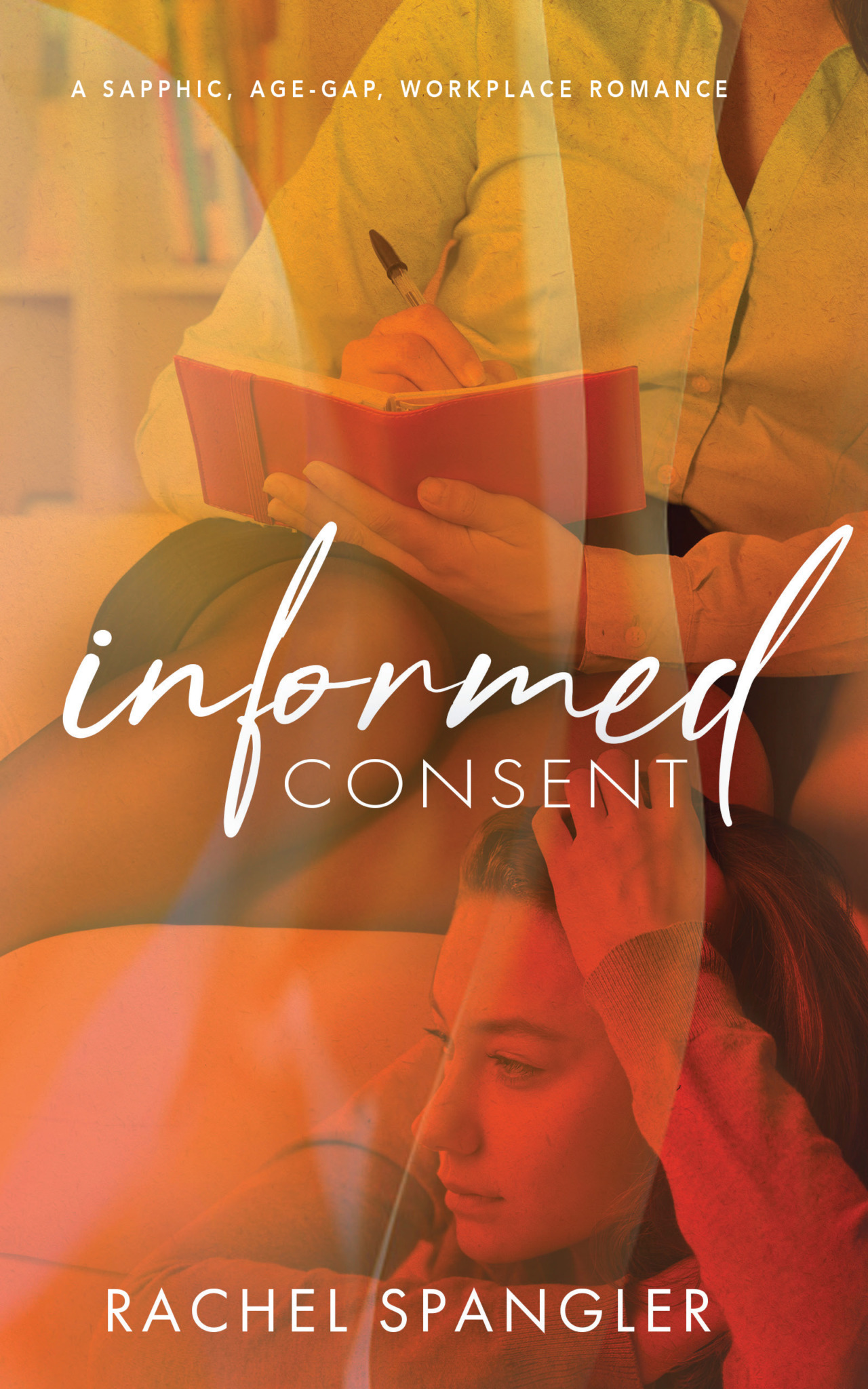
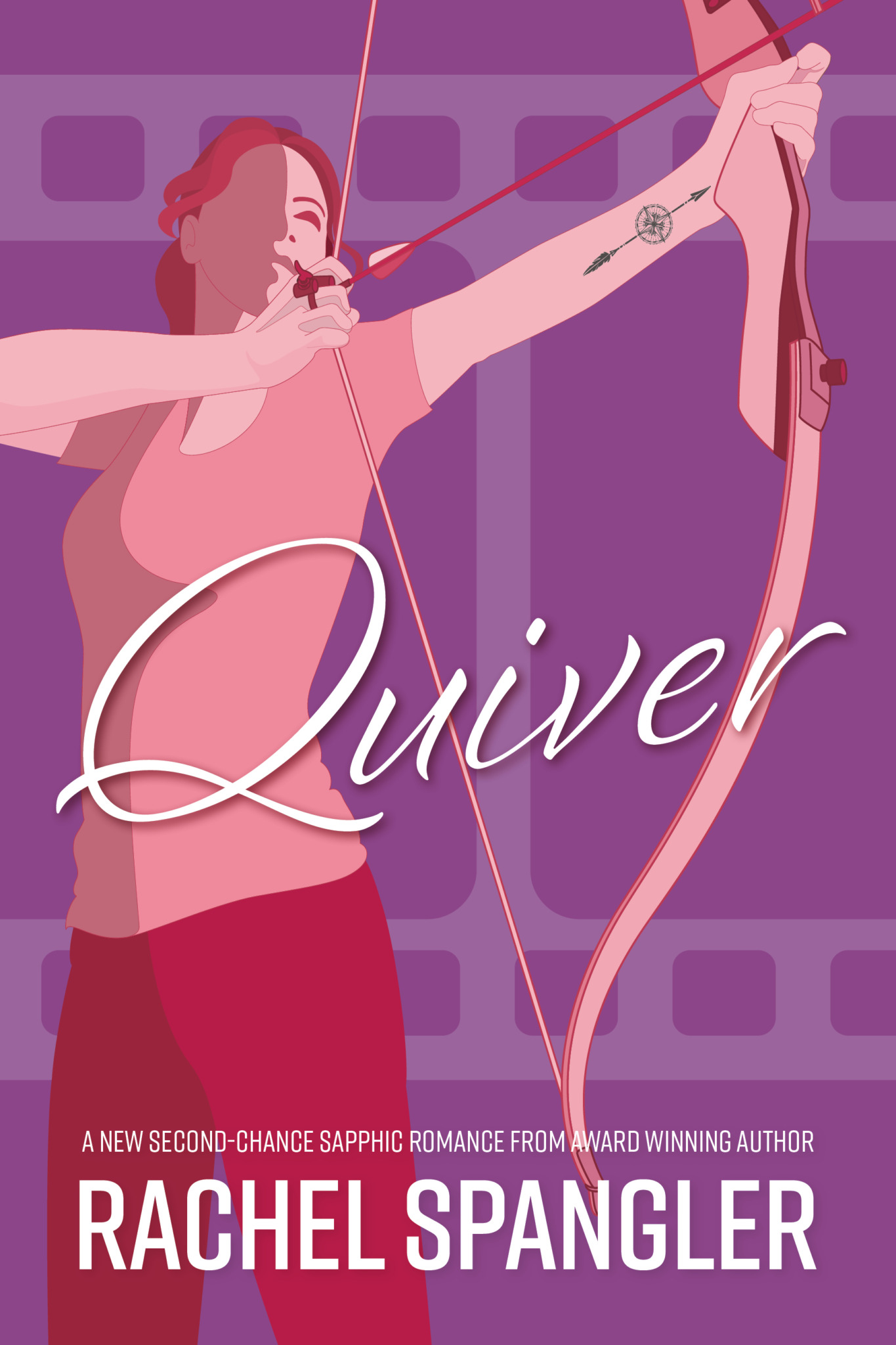
Great, appreciate you sharing that with us. Before we ask you to share more of your insights, can you take a moment to introduce yourself and how you got to where you are today to our readers.
I am the proud author of 25 sapphic romance novels. I write in this genre because I believe in the transformative power of love, and especially that queer love stories deserve to be told. We all have a right to see ourselves and our lives lifted up and celebrated. My books run the gamut of tropes from ice queens to age gap to travel and food. Autostraddle has called me “The undisputed heavy-weight champion of sports romances,” and the New York Times has said I “write fights and misunderstandings with heartbreaking precision,” but no matter which of my books you pick up, you can rest assured that no matter where the story takes you, I will bring you around to a happily every after.
Through my own work on craft and storytelling, I have also been afforded the most wonderful opportunities to meet and collaborate with other authors. I now serve as the senior romance editor for Bywater Books, and I also offer a wide array of author services ranging from short chats to full, substantive editing on complete works.
No matter where I am or what I’m working on, I always make time for a good romance, whether I’m reading it, writing it, or living it.
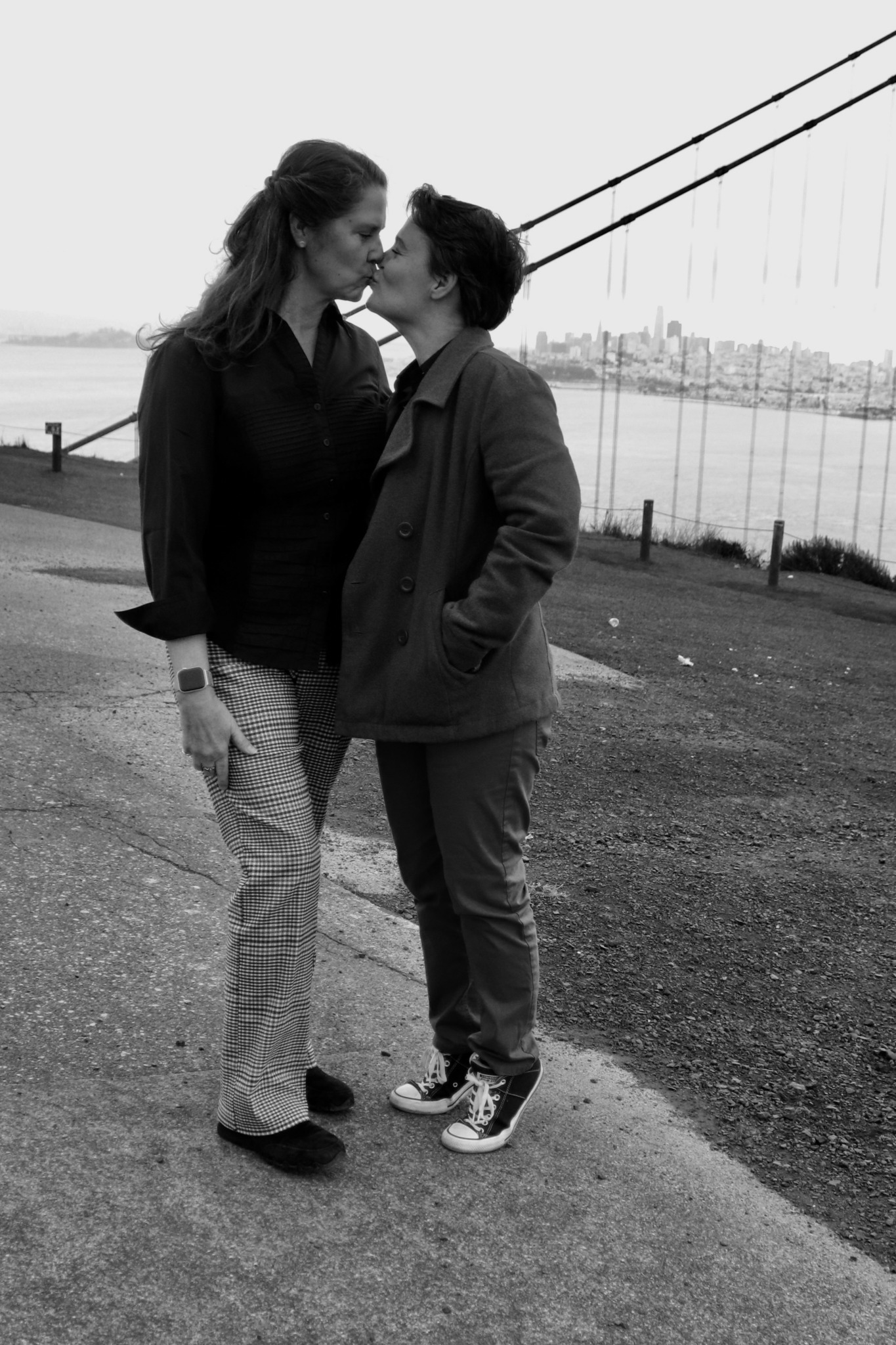
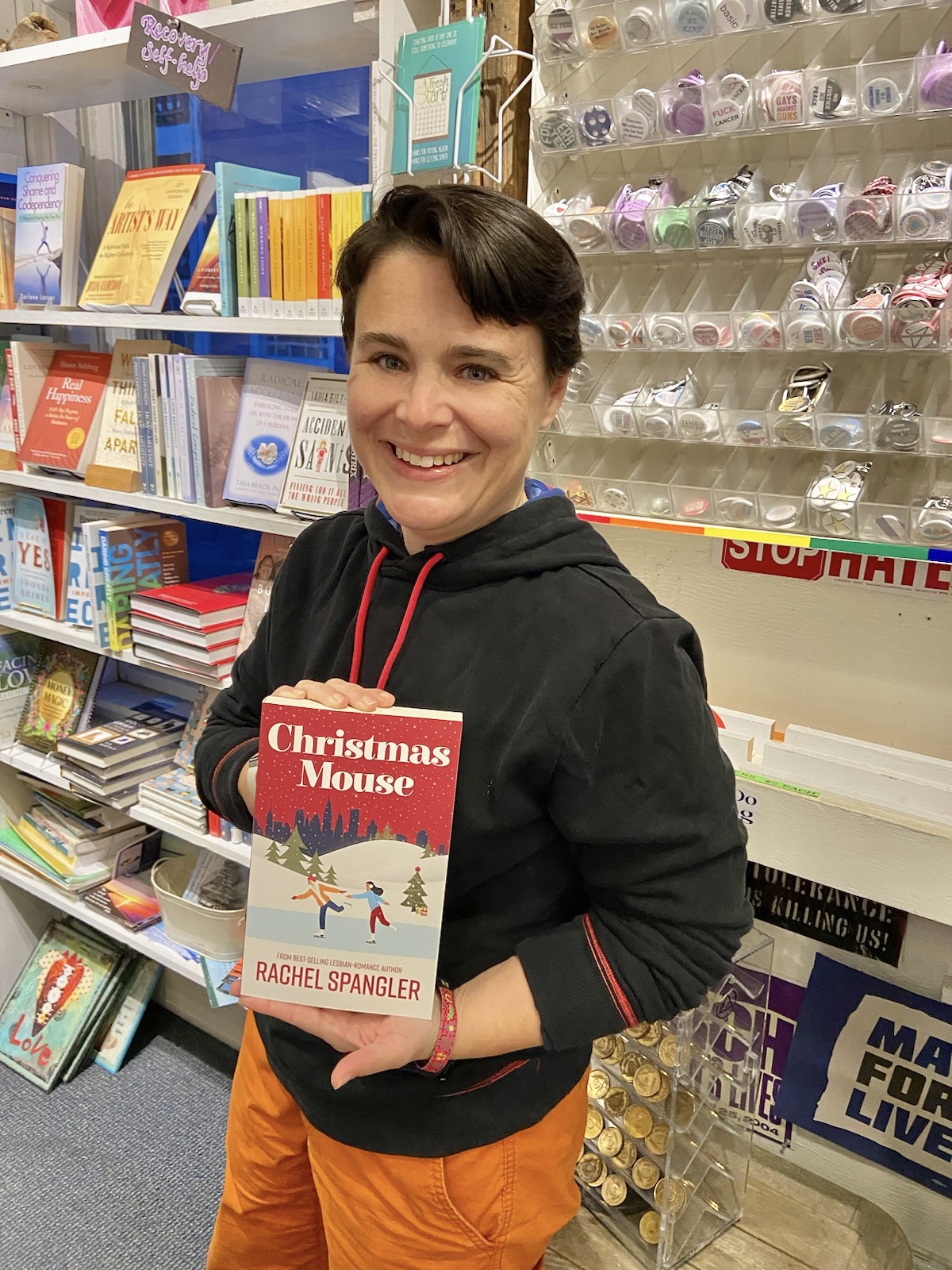
What’s the most rewarding aspect of being a creative in your experience?
Interacting with readers. Hands down the feedback I get from people who “get it” keeps me going. I have basically sat alone all day for months at a time while the imaginary friends in my head tell me stories that I then tell to other people, and some days it can really hit me how insane that would seem in any other context. Writing full-length novels can be such a long and lonely process, and you work on something for ages without knowing if this thing inside of you that you’re being ridiculously vulnerable to share with the world is going to mean anything to anyone else. And then you jump through all the hoops to get to publication, and you hold your breath and try to act chill while silently begging someone to read it, and then they do, and you hold your breath some more waiting for a verdict. Honestly, when I think about those stages, I wonder why I keep putting myself through it. There have to be easier ways to make money, and there are, but then I get a message from someone who loved my imaginary friends as much as I did. They tell me my words made them feel something, that they laughed or cried or felt less lonely in the world, or that it offered them escape from something horrible for a bit, or that it reminded them to believe in something better, or taught them they had a right to demand better for themselves, and all of a sudden I remember that I have the best job in the whole world.


We often hear about learning lessons – but just as important is unlearning lessons. Have you ever had to unlearn a lesson?
I think authors, and honestly most Americans, get raised with the idea that you have to be your own worst critic to get better, or that in order to grow or be taken seriously, you have to be “brutally” honest about your own art. I bought into that for a while, but it’s just horrible bullshit. There’s no room for brutality in the creative process. It’s self harm. I want honesty, yes, but that needs to come from a place of care and nurturing, and a growth mindset. The world will do so much to break an artist down and to kill creative impulses, we need to become fierce keepers of that flame for ourselves and for each other. We need to learn to talk about our process with kindness. We need to acknowledge our imperfections as places for exploration and find joy in the work of learning and refining. The word is full of “worst critics.” Leave that work to them. We need to strive toward becoming better students and advocates for our own work.
Contact Info:
- Website: https://www.RachelSpangler.com
- Instagram: @authorRachelSpangler
- Facebook: https://www.facebook.com/AuthorRachelSpangler
- Linkedin: https://www.linkedin.com/in/rachel-spangler-b7165a2a/
- Other: Patreon: patreon.com/RachelSpangler
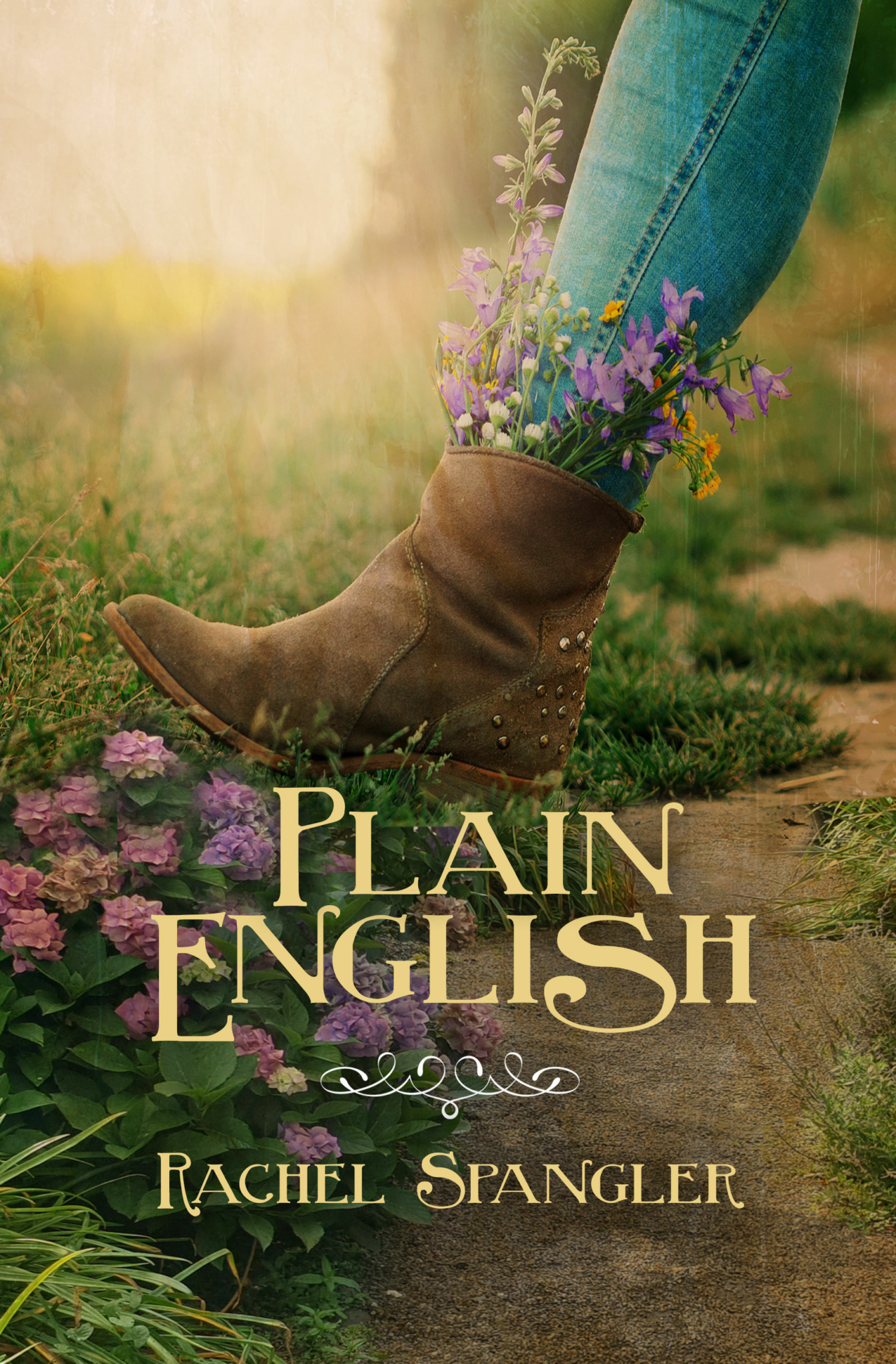
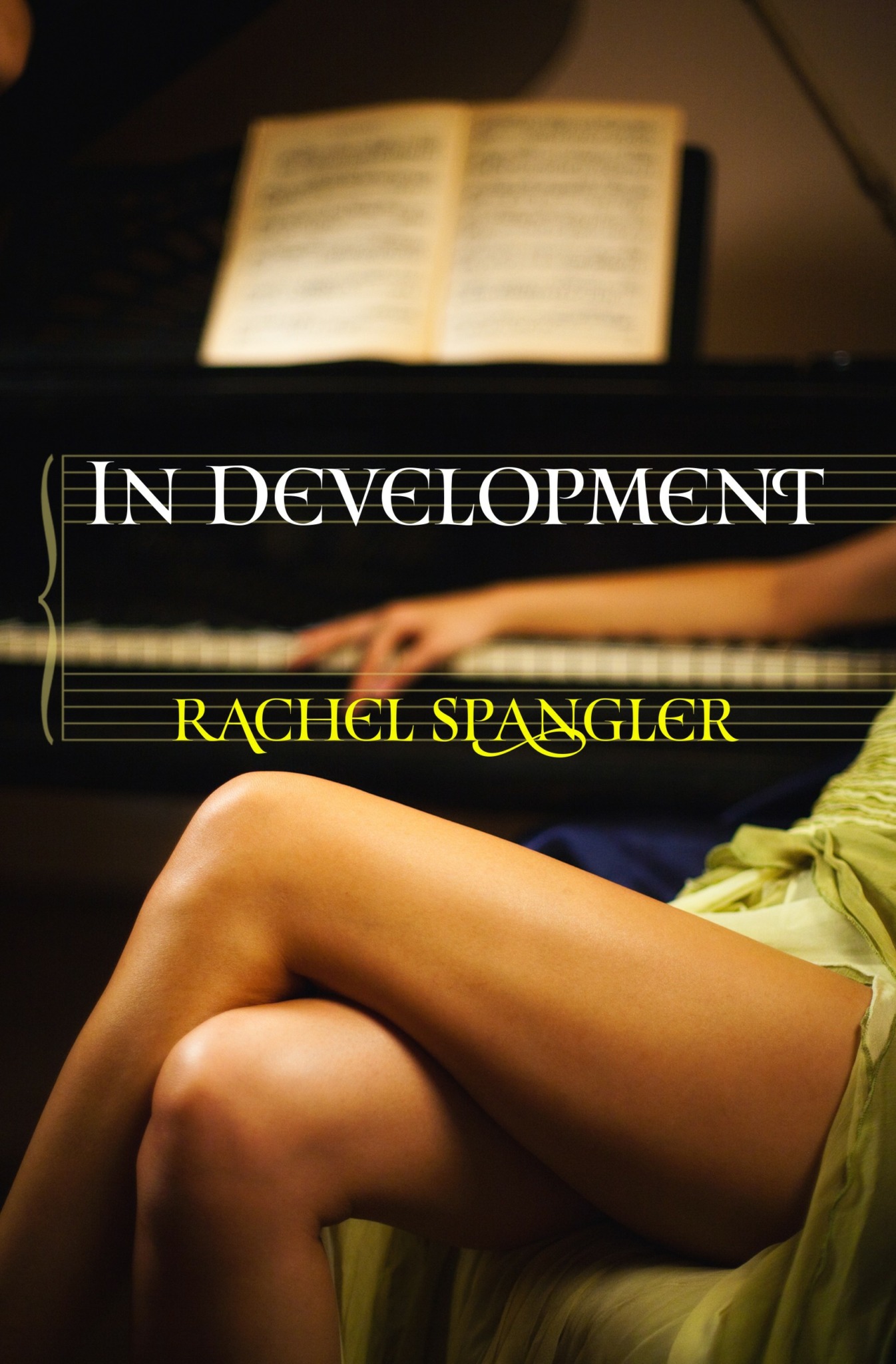
Image Credits
Anna Burke
Angela LeVora
Angie Williams
Susan Spangler


